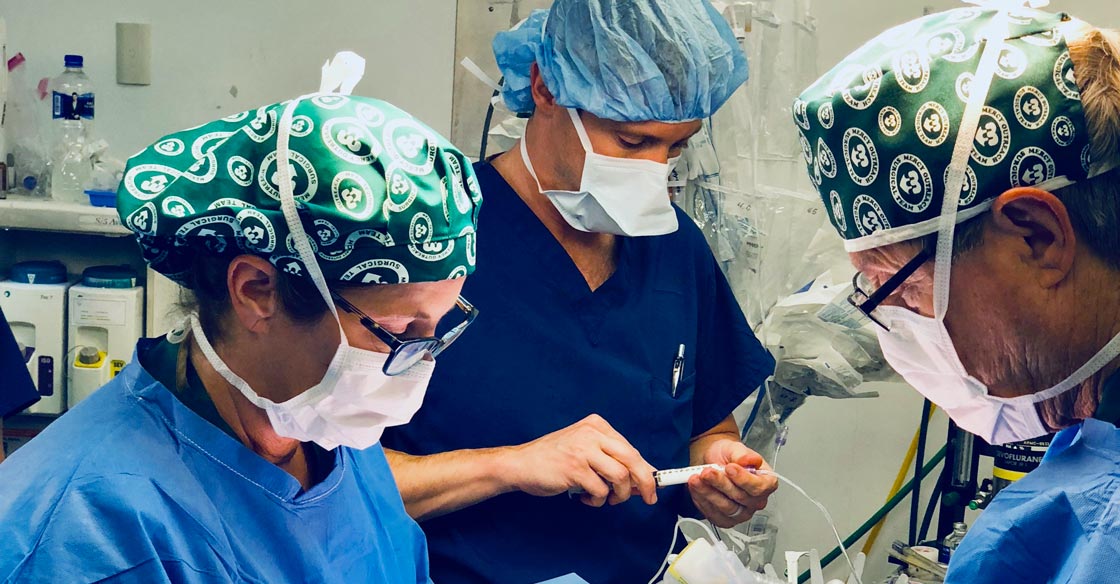General surgeons are highly skilled medical professionals. They perform a wide range of surgical procedures and apply their expertise across many areas of the body. Their training and experience allow them to address diverse health needs with precision and care. Here are a few key skills and qualifications of general surgeons:
Devotion to Patients
A general surgeons role extends beyond the operating room. They spend time with patients before and after procedures, offering guidance and support throughout the process. This attention helps create a positive care experience. By taking time to listen and respond, surgeons strengthen the connection they have with the people they treat.
They also work to understand the unique needs of each individual. This effort fosters an environment where patients feel respected and supported. When surgeons approach care with attentiveness, it helps patients feel at ease and confident in their relationship with the surgeon.
Confidence in Care
Patients often look for confidence in the care they receive. Surgeons bring together training, experience, and modern tools to support their work. This careful approach fosters clear communication, reinforces professionalism, and helps patients feel assured about the process, the preparation involved, and the attention given to their needs.
Expertise Across Conditions
General surgeons work across many different areas of care. Their scope includes general, oncological, and colorectal procedures, reflecting the wide range of conditions they are trained to address. This breadth of practice allows them to approach surgical needs that affect multiple parts of the body.
They may be involved in procedures for the abdominal wall, gallbladder, and stomach, as well as the small intestine, appendix, colon, and rectum. Their work also extends to treating conditions such as hernias and other digestive tract issues. This variety highlights the adaptability and broad knowledge required in the field of general surgery.
Compassionate Support
Patients may experience a wide range of health concerns. Some involve common issues like gallbladder inflammation or diverticulitis, while others are more complex. Surgeons guide individuals through their options and explain the steps ahead. This guidance helps patients better understand the process.
Surgeons may also assist women with breast-related concerns, including procedures such as biopsies. They collaborate with the broader care team to coordinate each stage of care. Their role combines technical skill with attentiveness, offering support that considers both practical needs and personal experiences.
Passion for Wellness
General surgeons often show a strong interest in health. Their work includes prevention, treatment, and the management of ongoing conditions. This broad approach reflects a commitment to supporting patient needs and is a defining part of their professional role.
Their surgical practice often includes:
- Colon Surgery
- Breast Surgery
- Gallbladder Surgery
- Gastrointestinal Surgery
- Robotic Surgery
- Hernia Repair
Find trusted General Surgeons
The relationship between general surgeons and their patients is built on trust and expertise, strengthened by advanced skills and a thoughtful approach. Surgeons work with patients through diagnosis, treatment, and recovery, offering guidance and support along the way. If you are considering surgery, take time to learn about a surgeon’s qualifications and approach to care.





Leave a Reply